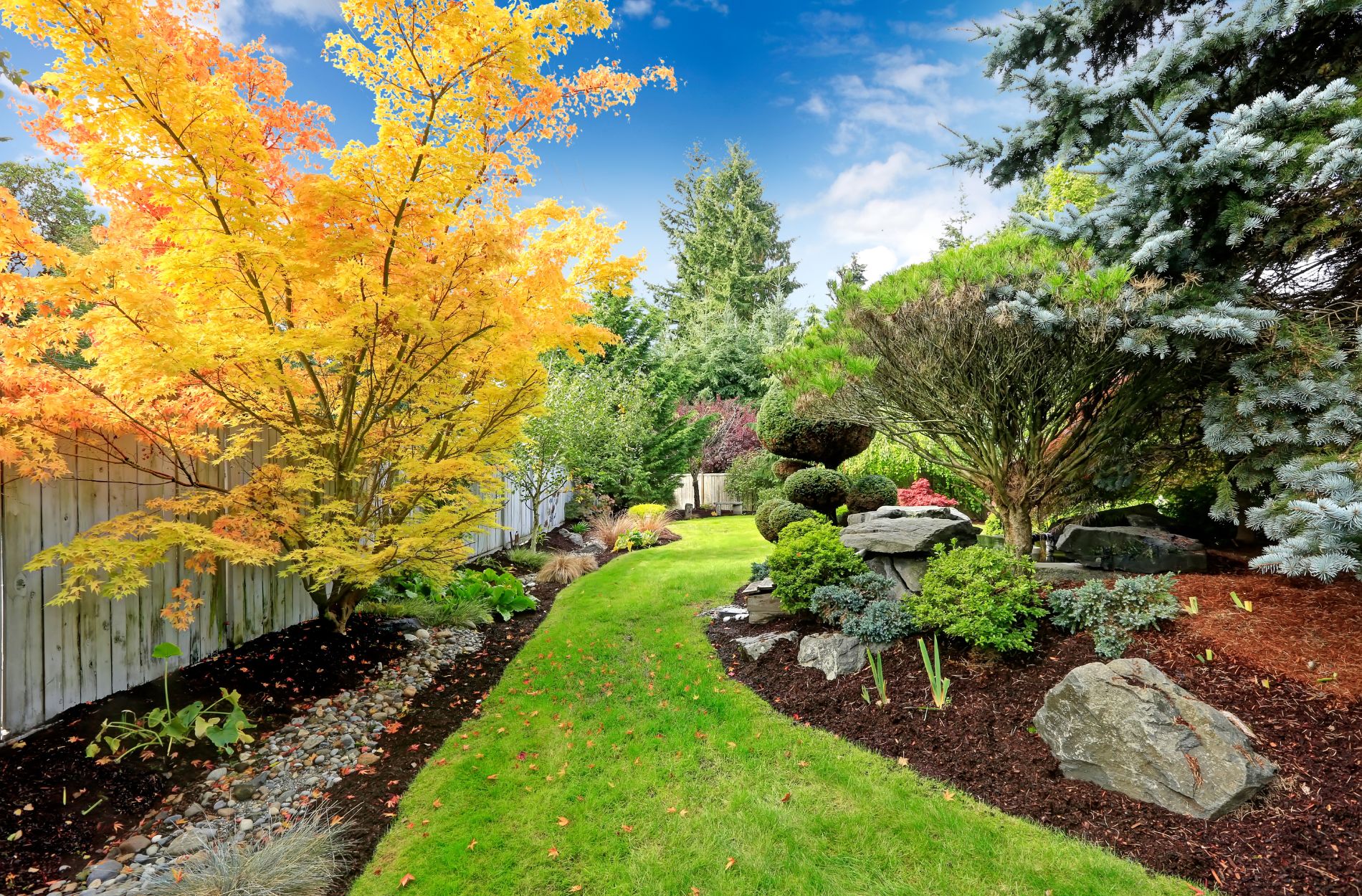As a conscious gardener or landscape professional in Kenner, Louisiana, it’s essential to adopt practices that not only enhance the beauty of the green spaces but also contribute to environmental well-being. Sustainable landscaping is an approach that focuses on the efficient use of resources, the protection of local ecosystems, and the promotion of biodiversity. By implementing sustainable practices, you can foster the growth of a healthier and greener environment in the long run.
The first step in practicing sustainable landscaping is selecting native plants to incorporate within your design. Native plants are generally more resistant to diseases and pests than non-native species, making them an excellent choice for low-maintenance gardening. Additionally, they are well-adapted to the local climate, which means they typically require less water and fertilizer to thrive. By cultivating native plants, you can support biodiversity while conserving vital resources necessary for our ecosystem’s health.
Water conservation is another paramount aspect of sustainable landscaping. By employing efficient irrigation systems, such as drip irrigation or soaker hoses, you can provide plants with the water they need without wasting resources. Additionally, rainwater harvesting techniques can help collect precipitation for later use, further minimizing your dependence on municipal water supplies.
Soil management is another crucial part of a sustainable landscape. Using soil conditioners like organic compost and other eco-friendly alternatives can contribute to the fertility and overall health of your garden’s soil, promoting vibrant plant growth without relying on harmful chemical fertilizers.
Join us as we delve into these sustainable landscaping practices in detail, highlighting their benefits and offering practical advice on how to implement them in your Kenner garden or landscape. Start making a positive impact on the environment today by adopting these eco-friendly methods, and partner with Reliable Soil Co. Inc. to help your garden flourish sustainably.
Cultivating Native Plants for Biodiversity
Landscaping with native plants offers various benefits, including supporting local wildlife and fostering a robust ecosystem. Native plants, by nature, are well-adapted to the climate and soil conditions in Kenner, Louisiana. This adaptability makes them inherently more resistant to local pests and diseases, reducing the need for chemical pesticides and resulting in low-maintenance gardening.
To incorporate native plants into your landscape, research species native to Kenner and select those suited to your garden’s specific conditions. Some popular choices include Louisiana iris, southern magnolia, tulip poplar, and American beautyberry. When planning your garden, consider plant diversity and choose a mix of perennials, shrubs, and trees to create a vibrant and ecologically balanced environment.
Efficient Irrigation and Water Conservation
Water conservation is a critical aspect of sustainable landscaping, and efficient irrigation systems are the key to achieving responsible water usage. Drip irrigation and soaker hoses deliver water directly to the plants’ root zones, reducing evaporation loss and ensuring that plants receive the exact amount of water they require.
Furthermore, installing rain barrels or a rainwater harvesting system can help you collect and store precipitation for later use, lowering the demand for municipal water supplies. When designing your landscape, include permeable surfaces in walkways and patios that allow water to seep into the ground, replenishing the water table and reducing runoff.
Organic Soil Management for Healthy Gardens
A thriving and sustainable landscape relies heavily on healthy soil. Good soil management practices include adding organic matter like compost and avoiding the use of harmful chemical fertilizers. Organic compost not only provides essential nutrients for plant growth but also improves soil structure and water retention capabilities.
In addition to compost, consider using cover crops during the offseason to suppress weeds, reduce erosion, and enrich the soil further. As part of your soil management plan, regularly test your soil to determine its nutrient levels and adjust your soil amendments accordingly.
Erosion Control and Sustainable Hardscaping
To protect your landscape and the surrounding ecosystems, it’s crucial to develop an erosion control plan. This strategy will help preserve your soil, prevent sediment from polluting water resources, and keep Kenner’s natural habitats intact.
Some effective erosion control techniques include the following:
1. Installing retaining walls or terraces on sloped areas to help hold the soil in place.
2. Planting ground covers or installing mulch in exposed areas to prevent soil loss from rain or wind.
3. Incorporating swales or berms into your landscape to slow down runoff and allow it to soak into the ground.
In addition to these erosion control measures, implementing a sustainable hardscaping plan can greatly benefit your landscape. Consider using permeable paving materials for walkways, driveways, and patios to encourage water infiltration. Reusing or recycling materials like bricks, stones, or wood from local sources can also contribute to a more sustainable environment.
Building a Sustainable and Eco-Friendly Landscape in Kenner, LA
Sustainable landscaping practices can help transform your Kenner garden into a greener, more eco-friendly space. By focusing on native plants, efficient irrigation systems, organic soil management, and erosion control techniques, you can create a garden that conserves resources, promotes biodiversity, and protects the environment.
Whether you’re designing a new garden or updating an existing one, incorporating sustainable practices into your landscape management will not only benefit the environment but also result in a healthier, more vibrant outdoor space. For expert assistance implementing these sustainable techniques and sourcing quality garden soil conditioners for your eco-friendly landscaping project, partner with Reliable Soil Co. Inc.

